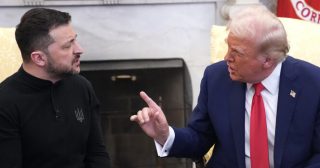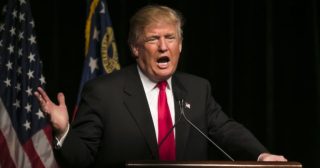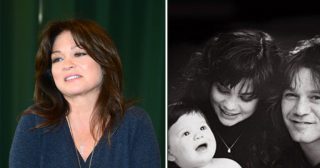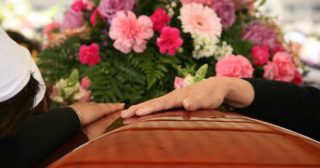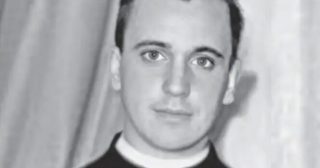Pope Francis Dies at 88: Unexpected Cause of Death Revealed by Vatican

Pope Francis has passed away at the age of 88, leaving a profound legacy and a grieving global Catholic community. While many anticipated his long-standing respiratory issues would claim his life, the Vatican has confirmed the unexpected cause: a massive cerebral stroke.
Peaceful Passing in the Vatican
The beloved head of the Catholic Church died early Monday morning at his residence in Saint Martha’s House within Vatican City. According to official reports, Pope Francis woke around 6 a.m. but soon experienced a rapid health decline. By 7 a.m., he had slipped into a coma and passed away peacefully, surrounded by the quiet reverence of the Vatican.
Stroke, Not Pneumonia: Vatican Clarifies
For months, the Pope had battled serious respiratory illnesses, including double pneumonia, bronchitis, and kidney complications. Many feared these conditions would prove fatal. However, the official Vatican statement revealed that a massive stroke led to a sudden coma and "irreversible cardiocirculatory collapse."
Medical experts explain that this type of stroke is often caused by a blood clot in the brain and can result in extensive damage. Despite the Pope's fragile health, the stroke came as a surprise, even to his medical team.
His Final Appearances
Only weeks before his death, Pope Francis appeared at Easter Mass, waving from a balcony at St. Peter’s Square. His words, “Brothers and sisters, Happy Easter,” would be his final public address.
He also met recently with U.S. Vice President JD Vance, marking one of his last diplomatic engagements.
Legacy of a Humble Reformer
Born Jorge Mario Bergoglio in Buenos Aires, Argentina, Pope Francis made history in 2013 as the first Latin American Pope. His papacy was defined by humility, a strong stance on social justice, climate advocacy, and outreach to the poor and marginalized.
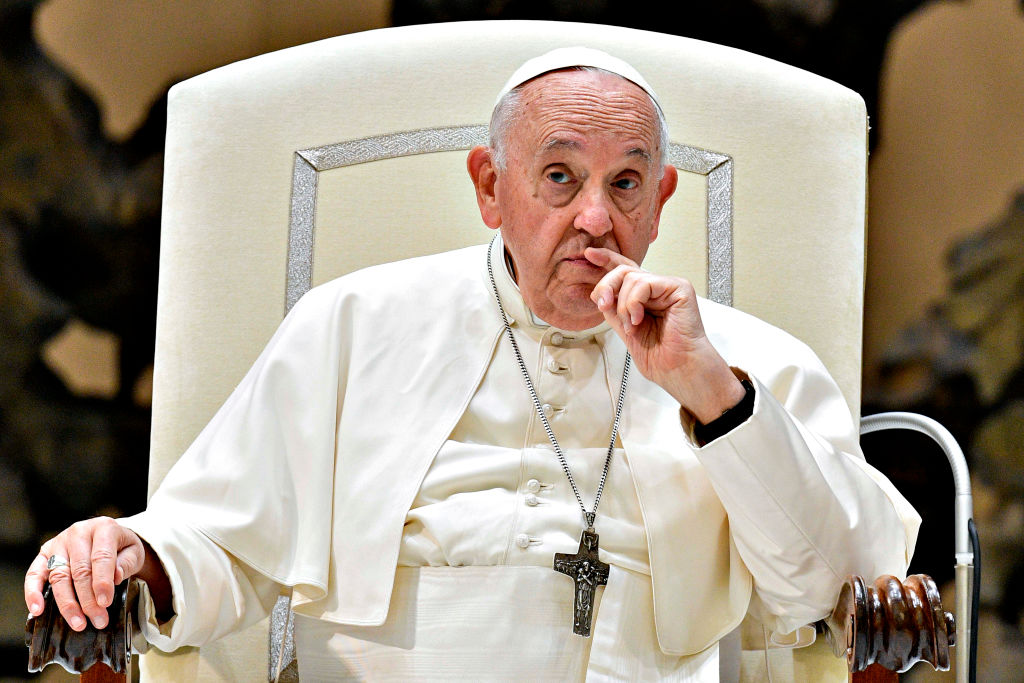
He wasn’t afraid to challenge the powerful, including excommunicating members of the Italian mafia. He frequently visited prisons, embraced the sick, and emphasized the Church’s mission to serve, not rule.
In the words of former President Barack Obama, “Pope Francis was the rare leader who made us want to be better people.”
What Comes Next for the Church?
Pope Francis’ body will lie in state at St. Peter’s Basilica for three days, with funeral rites to be held at Santa Maria Maggiore in Rome. Argentina has declared a week of national mourning.
The Vatican will soon initiate the process of selecting a new pope. The College of Cardinals is expected to convene within the next two to three weeks. In the interim, Cardinal Kevin Farrell, an American-born clergyman, will serve as the temporary administrator of the Holy See.
As the world mourns, the Catholic Church prepares for a new chapter — one deeply shaped by the vision and compassion of Pope Francis, the Pope who challenged tradition and led with love.


